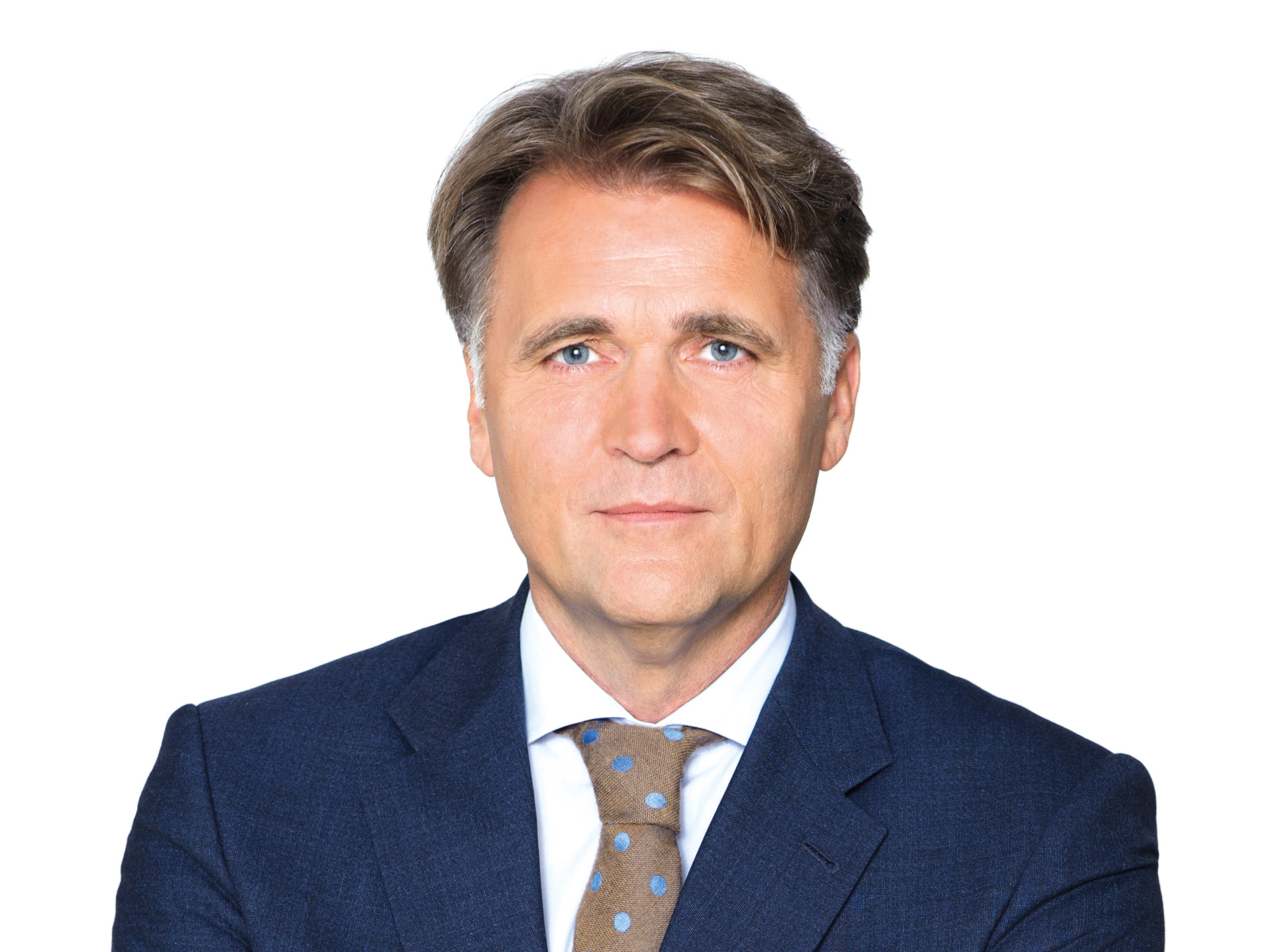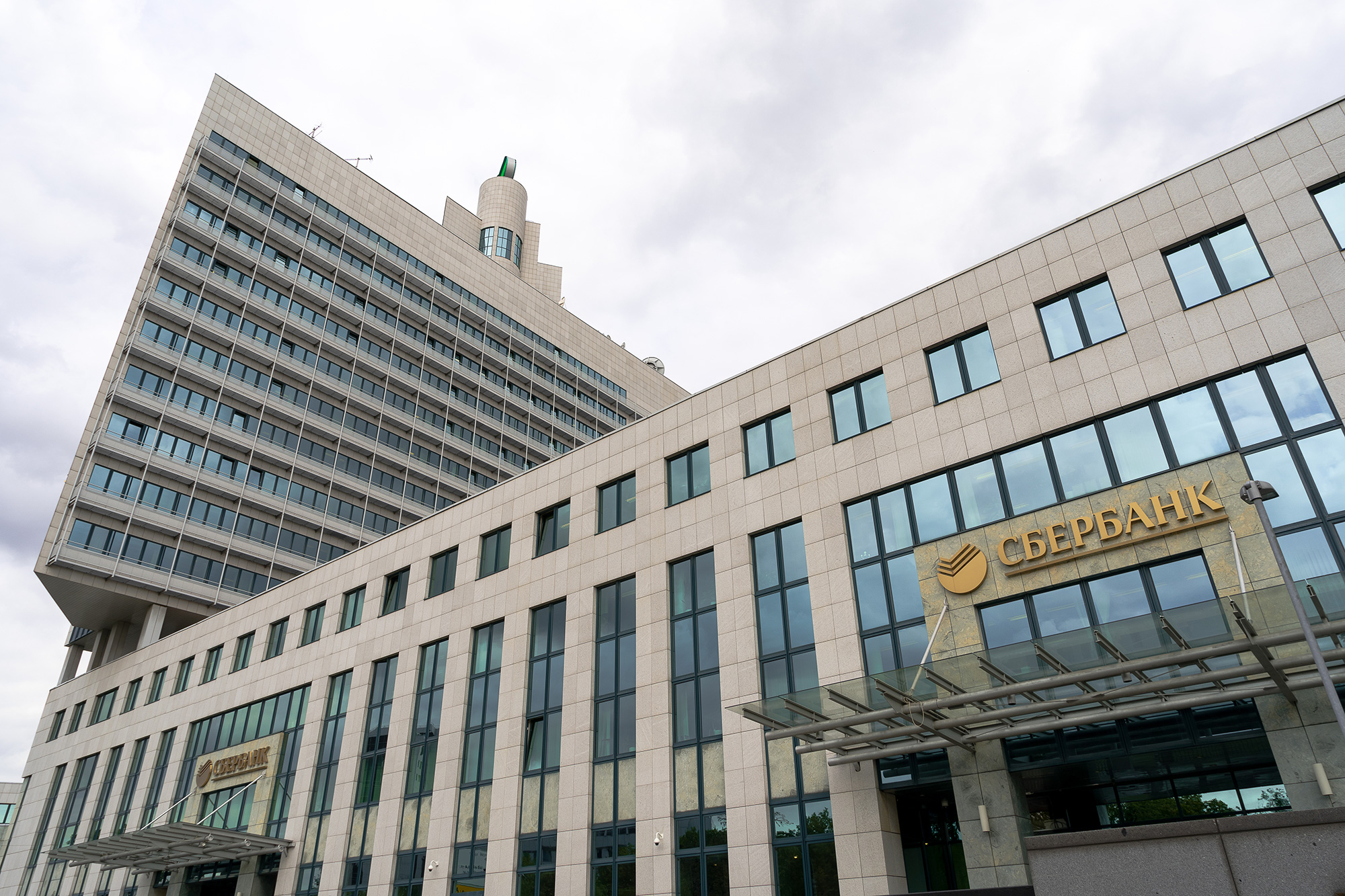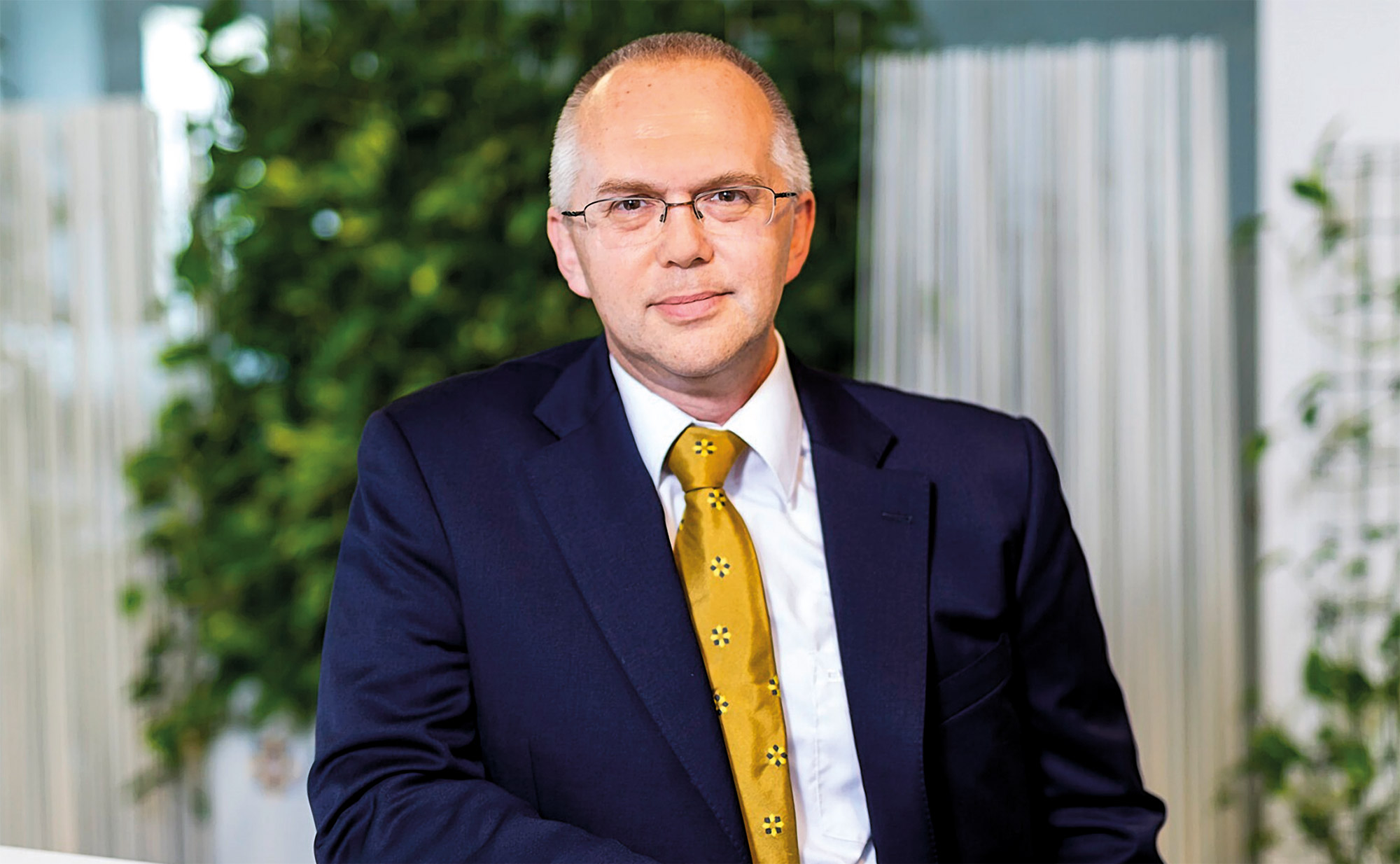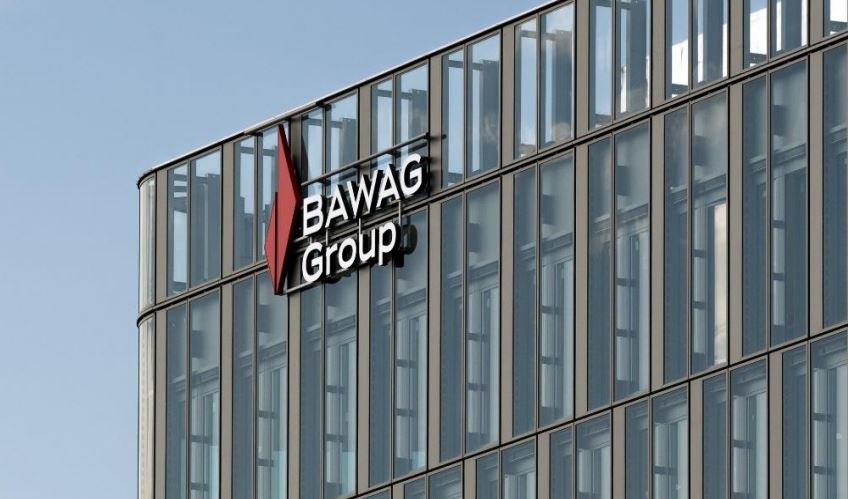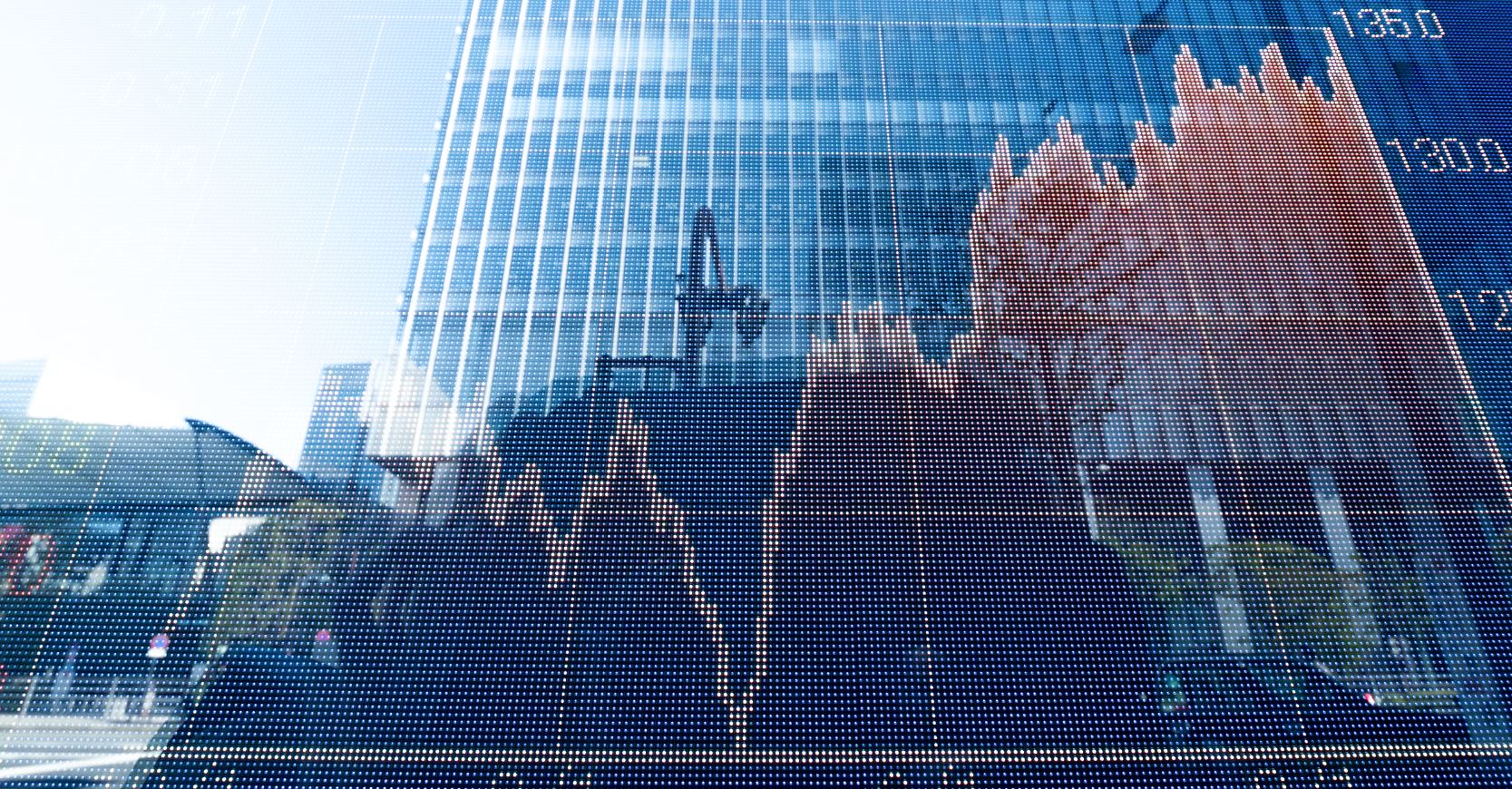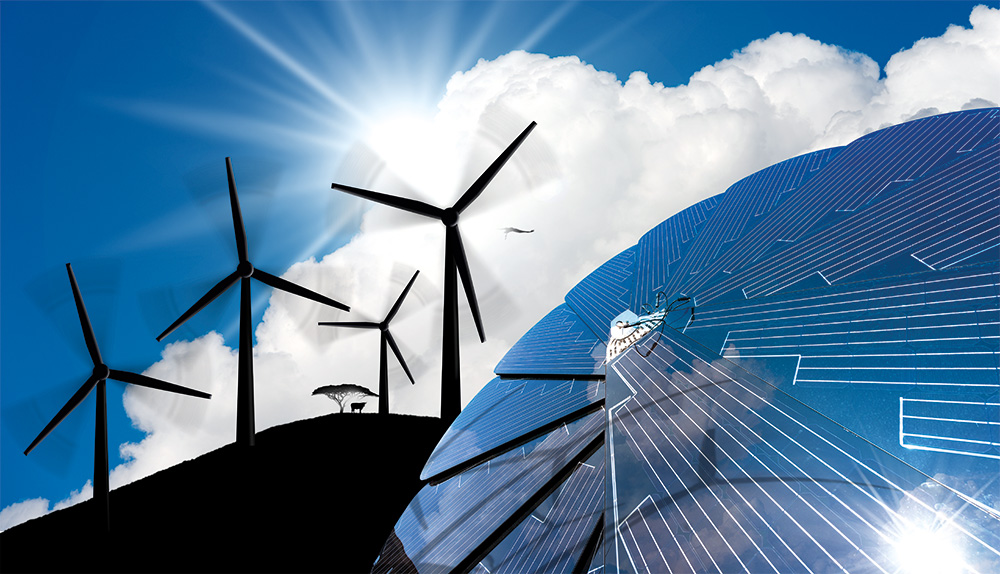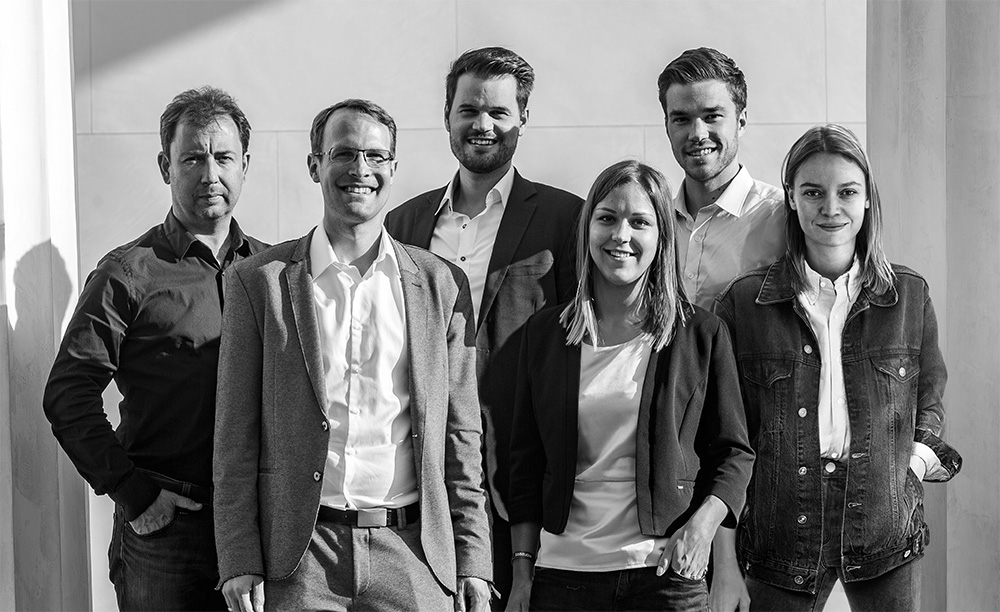[vc_row][vc_column width=”1/2″][vc_column_text]
Austria
The light green area is the rest of the European Union
Austria was the 26th largest economy in the world by nominal GDP in 2018. GDP per capita is $51,513, which is above the average for high income and OECD countries. It is ranked 12th in the World Bank's Human Capital Index. Austria has traditionally had strong economic ties with Germany, but EU membership has led to increased trade with other members. Since the expansion of the EU to former eastern bloc countries, Austria has become an economic bridge between Western and Eastern Europe. It is a member of the EU and OECD. Services was the largest economic sector in 2018 (62.7 percent of GDP), followed by manufacturing (16.6 percent), and agriculture (1.7 percent). In 2017, the largest export sectors were services (29 percent), machinery (15.25 percent), chemicals (11.09 percent), and agriculture (10.3 percent). The largest individual exports were ICT services (11.98 percent), travel and tourism (8.9 percent), transport services (6.9 percent), cars (2.4 percent), and medicaments (2.4 percent). Its largest export partners were Germany (29 percent), USA (6.7 percent), Italy (6.4 percent), Switzerland (5.11 percent), and France (4.7 percent). The largest goods imports were cars (6 percent), car parts (2.5 percent), refined petroleum (2.3 percent), and crude oil (1.64 percent). The economy recovered quickly after World War Two with aid from the Marshall Plan and the nationalisation of key industries. In 1955, the country regained autonomy with the allies withdrawing, including the Soviets. The economy grew rapidly between 1955 up until the first oil shock in 1974. In the 1990s new opportunities emerged as Central and Eastern Europe opened up, some SOEs were privatised, and Austria joined the EU. Growth was strong during the 2000s and has recovered post the global financial crisis with strong domestic growth, increased labour force participation, and migration. The economy is also benefitting from recent structural reforms in public finances, taxation, the labour market, and education.
[/vc_column_text][vc_column_text] Its population in 2018 was 8,751,820 [1]
Its population in 2018 was 8,751,820 [1]
 In 2015, 34.39% of its total energy
In 2015, 34.39% of its total energy
consumption was renewable [2]
 In 2021, its GDP grew by 4.48% [2]
In 2021, its GDP grew by 4.48% [2]
 In 2021 it had a negative Current
In 2021 it had a negative Current
Account Balance of US$bn 2.82 [3]
 Its unemployment rate in 2021 was 6.17% [3]
Its unemployment rate in 2021 was 6.17% [3]
 Its Expenditure on R&D (as a percentage of
Its Expenditure on R&D (as a percentage of
GDP) in 2020 was 3.20% [2]
What free trade areas or economic unions is it a member of?
Member of the European Union (EU) since 01/01/1995
Other members:
Belgium, Bulgaria, Croatia, Cyprus, Czechia, Denmark, Estonia, Finland, France, Germany, Greece, Hungary, Ireland, Italy, Latvia, Lithuania, Luxembourg, Malta, Netherlands, Poland, Portugal, Romania, Slovakia, Slovenia, Spain, Sweden
What trade deals are there between European Union and other countries and economic unions?
EU - Andorra Customs Union (from 01/01/1991)
European Single Market (SM) (from 01/01/1993)
EU - Sri-Lanka Co-operation and Partnership Agreement (from 01/04/1995)
EU - Türkiye Customs Union (from 31/12/1995)
EU - Faroe Islands Agreement (from 01/01/1997)
EU - Palestinian Authority Interim Association Agreement (from 01/07/1997)
EU - Tunisia Association Agreement (from 01/03/1998)
EU - Armenia Partnership and Cooperation Agreement (from 09/09/1999)
EU - Morocco Association Agreement (from 01/03/2000)
EU - Israel Association Agreement (from 01/06/2000)
EU - Mexico Global Agreement (from 01/10/2000)
EU - San Marino Customs Union (from 01/04/2002)
EU - Jordan Association Agreement (from 01/05/2002)
EU - North Macedonia Stabilisation and Association Agreement (from 01/04/2004)
EU - Pakistan Co-operation agreement (from 29/04/2004)
EU - Egypt Association Agreement (from 01/06/2004)
EU - Chile Association Agreement and Additional Protocol (from 01/03/2005)
EU - Algeria Association Agreement (from 01/09/2005)
EU - Lebanon Association Agreement (from 01/04/2006)
EU - Albania Stabilisation and Association Agreement (from 01/04/2009)
EU - Pacific States Interim EPA (from 20/12/2009)
EU - Montenegro Stabilisation and Association Agreement (from 01/05/2010)
EU - Central America Association Agreement (from 01/08/2013)
EU - Serbia Stabilisation and Association Agreement (from 01/09/2013)
EU - Bosnia and Herzegovina Stabilisation and Association Agreement (from 01/06/2015)
EU - South Korea Free Trade Agreement (from 01/07/2015)
EU - Kosovo Stabilisation and Association Agreement (from 01/04/2016)
EU - Georgia Association Agreement (from 01/07/2016)
EU - Moldova Association Agreement (from 01/07/2016)
EU - Canada Comprehensive Economic and Trade Agreement (CETA) (from 21/09/2017)
EU - Eswatini (SADC) Economic Partnership Agreement (from 05/02/2018)
EU - Lesotho (SADC) Economic Partnership Agreement (from 05/02/2018)
EU - Mozambique (SADC) Economic Partnership Agreement (from 05/02/2018)
EU - Namibia (SADC) Economic Partnership Agreement (from 05/02/2018)
EU - South Africa Economic Partnership Agreement (from 05/02/2018)
EU - Botswana (SADC) Economic Partnership Agreement (from 05/02/2018)
EU - Japan Economic Partnership Agreement (from 01/02/2019)
EU - Eastern and Southern Africa States free trade agreement (from 07/02/2019)
UK - EU Trade Deal (from 01/01/2021)
[/vc_column_text][vc_column_text]What trade deals are there with other countries and economic unions?
None
[/vc_column_text][/vc_column][vc_column width=”1/2″][vc_column_text]IMF: Turbulence and the Lessons of History
Kommunalkredit CEO Bernd Fislage: ‘Don’t Just Talk About Sustainability — Live It!’
Casting Russia Adrift: The Decline of Western Power May Have Been Exaggerated
Anadi Bank: Hybrid Bank Rises From the Ashes — and Flies
CFI.co Meets the CEO of Austrian Anadi Bank – Christian Kubitschek: “FinTech and Full-Service Bank is Not a Contradiction”
Always Adapting Skilfully to Change: BAWAG Group Strategy Brings Success Before and During Covid Year
Building Bridges: Joining Impact Investing and Social Entrepreneurship
Kommunalkredit: The Importance of Sustainable Infrastructure Increasingly Vital During These Challenging Times
Hydropower and its Prospects
Scaling Europe’s Top-Performing Tech Companies: A Challenge and a Mission that 3VC Accepts
Trade with the United Kingdom
Source: UK Office for National Statistics, October 2022.
Contains public sector information licensed under the Open Government Licence v3.0.















































































